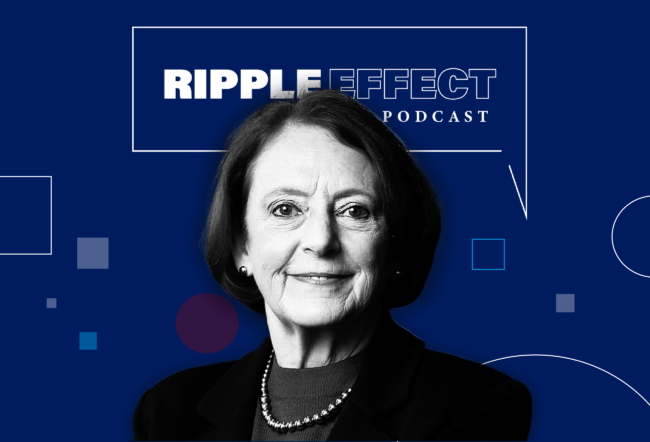The health care industry is working to harness the power of Big Data to make its supply chain greener. But doing so is posing quite the challenge, according to experts at the recent Wharton conference, “Sustainability & Health Care: Creating & Capturing Value.”
Contents
The Four A’s: Turning Big Data into Useful Information
Big data has an important role to play in greening the U.S. health care industry, which represents 18% of the nation’s gross domestic product. But as became clear during the recent Wharton conference, “Sustainability & Health Care: Creating & Capturing Value,” harnessing the potential of big data is challenging. To be truly useful, environmental big data in health care has to be appreciated, available, accessible and actionable.
Appreciating the Value of Sustainability in Health Care
A 2012 Commonwealth Fund study concluded that hospitals could save $5.4 billion over five years by reducing energy use and waste, and achieving efficiencies in the operating room. In the four years since that report, the importance of sustainability has begun to take root all along the health care supply chain. But while virtually everyone involved has come to appreciate the value of sustainability, collecting the data has proved challenging.
For a Greener Supply Chain: Information Hospitals Can Actually Use
Frustrated by the lack of usable data, Kaiser Permanente began asking its suppliers to answer a list of standardized environmental questions in 2010. Before long, Practice Greenhealth and Health Care Without Harm persuaded group purchasing organizations (GPOs) to make these questions part of the normal bidding process. Suppliers responded, spending millions to make huge amounts of data available. But with the data sitting in thousands of unconnected spreadsheets, the challenge has now become how to make it all accessible and actionable.
The Promise of Big Data: Revolutionizing Health Care Sustainability
A new initiative launched in 2014 promises to do for health care what has been done successfully in the electronics and textile industries: bring stakeholders together to turn environmental big data into useful information. A pilot study unveiled at the Wharton conference demonstrated the viability of a new Healthcare Sustainable Purchasing Index (HSPI). Organizers say that HSPI is likely to see significant growth, enlisting the participation of more suppliers, GPOs and providers, and building out the robust technology engine that will power the whole enterprise.



